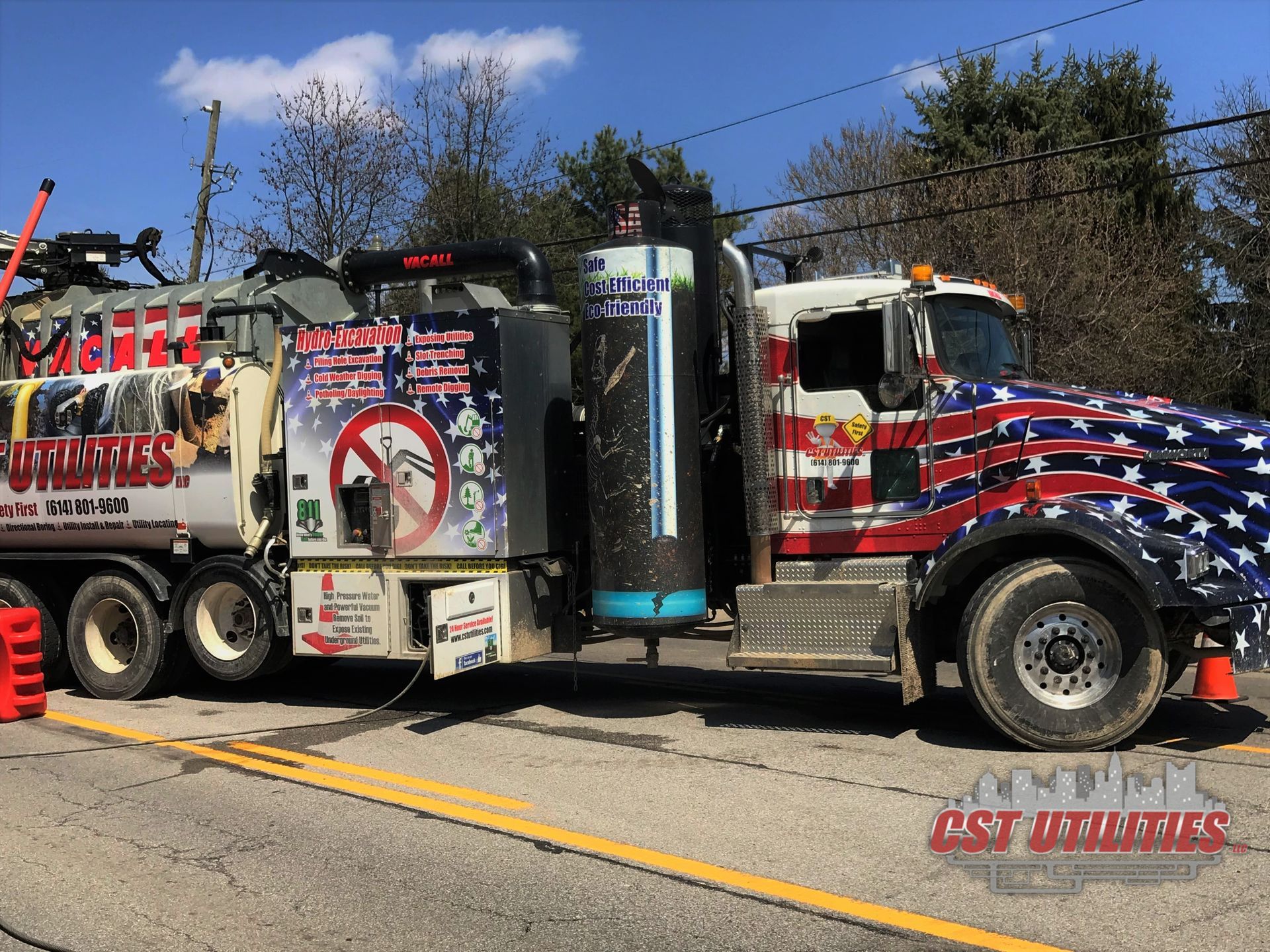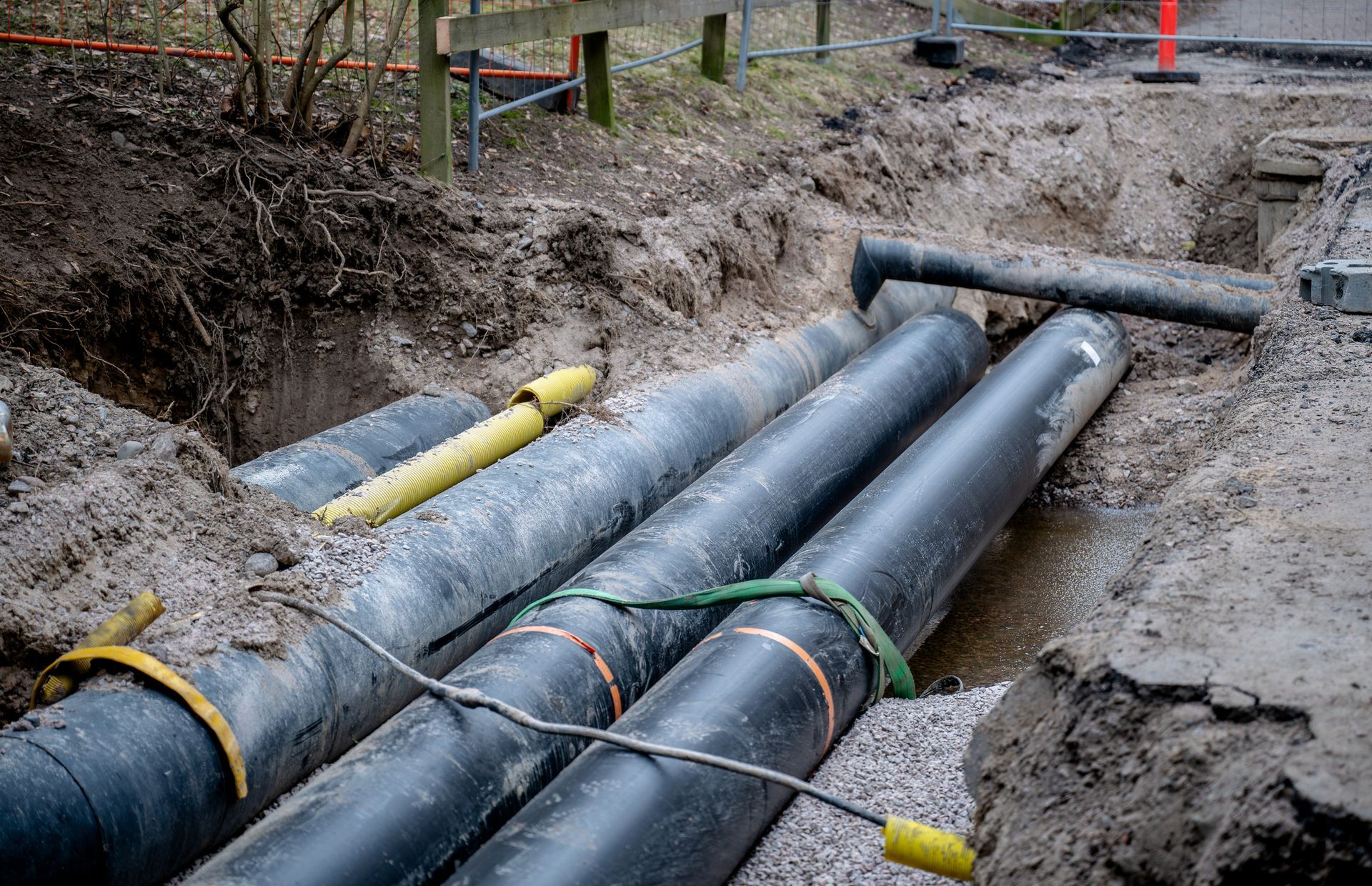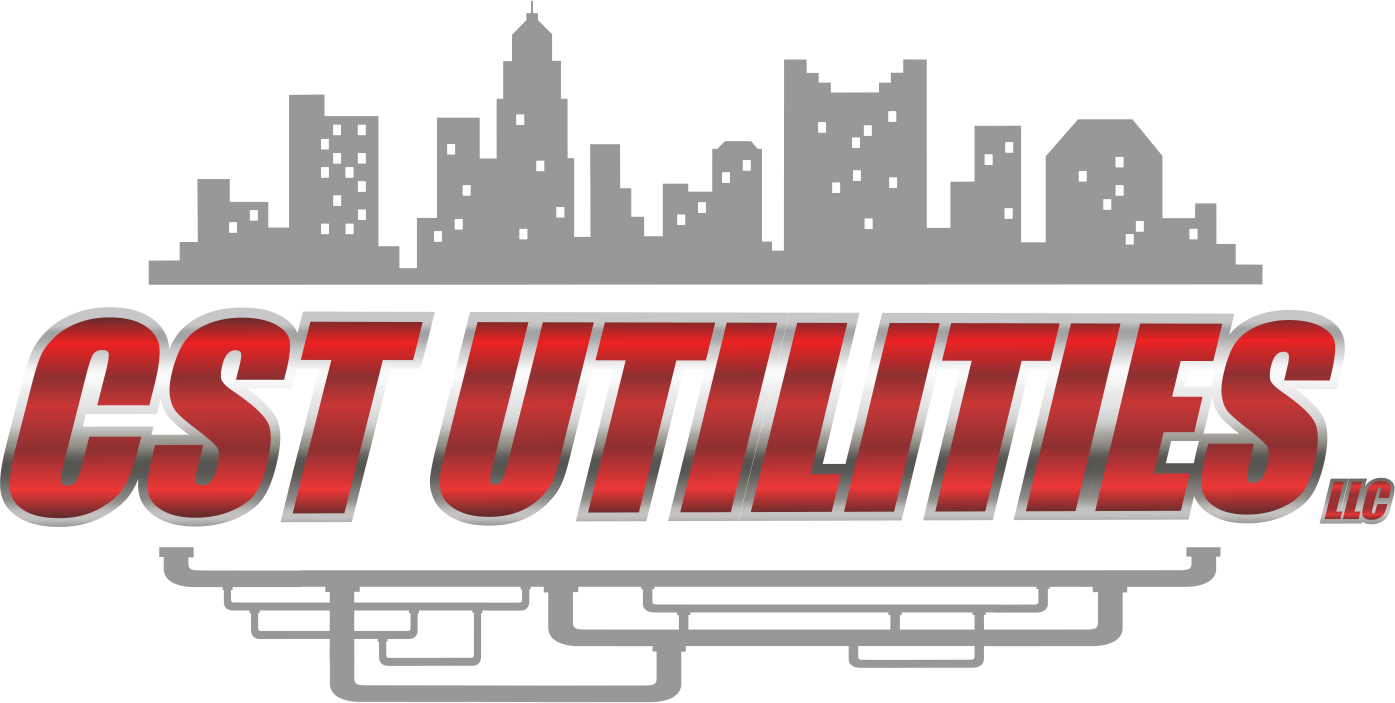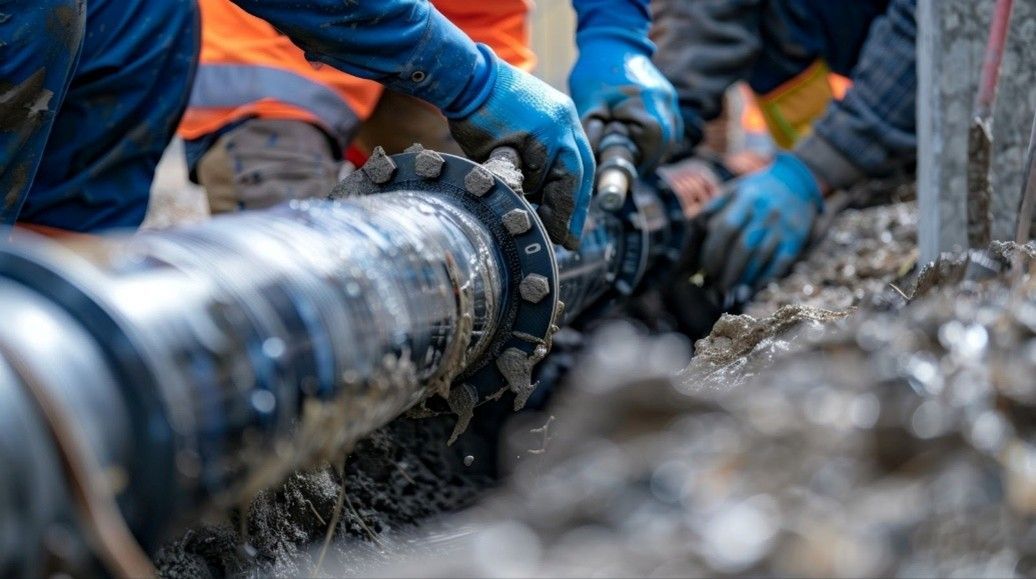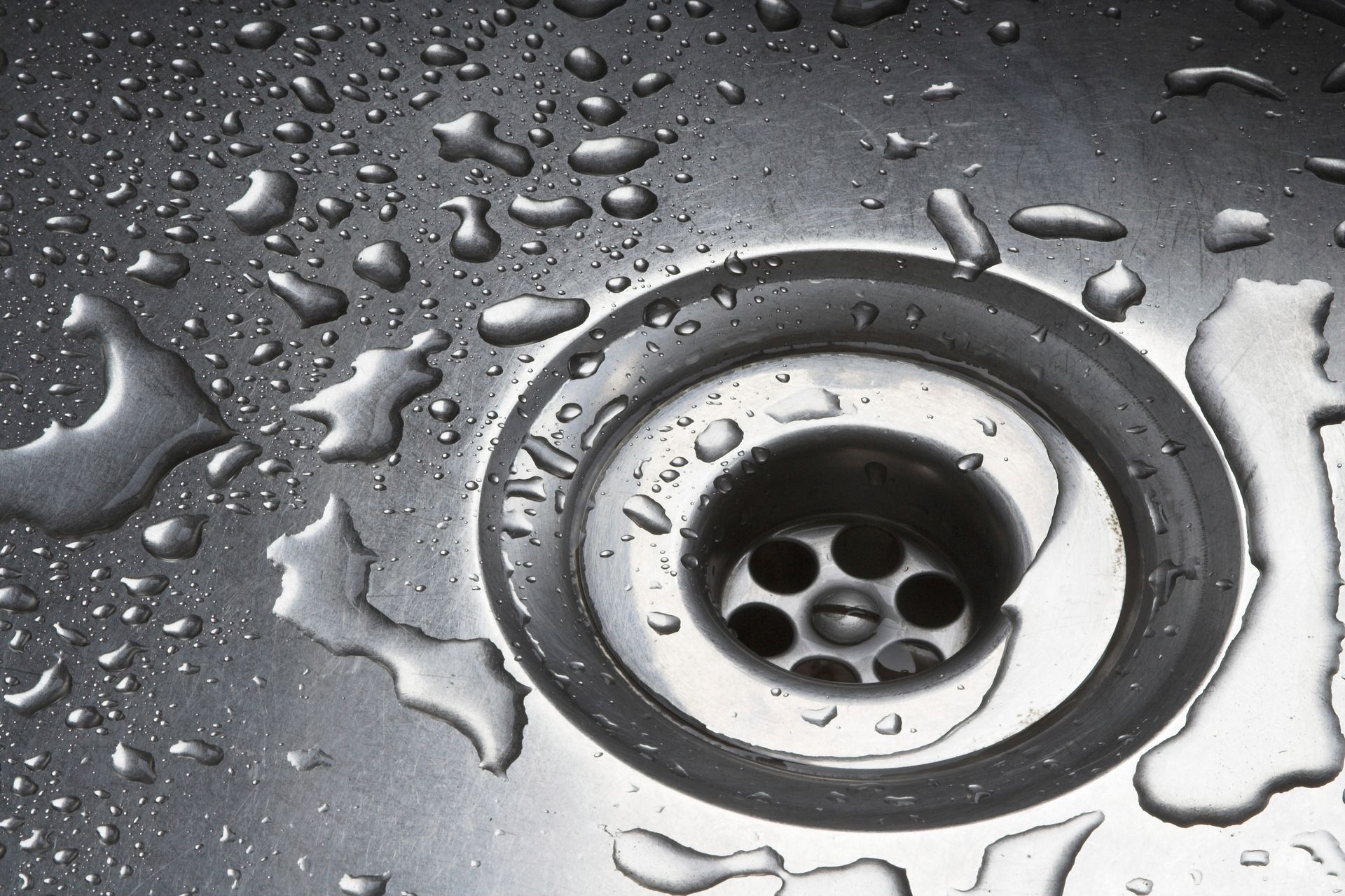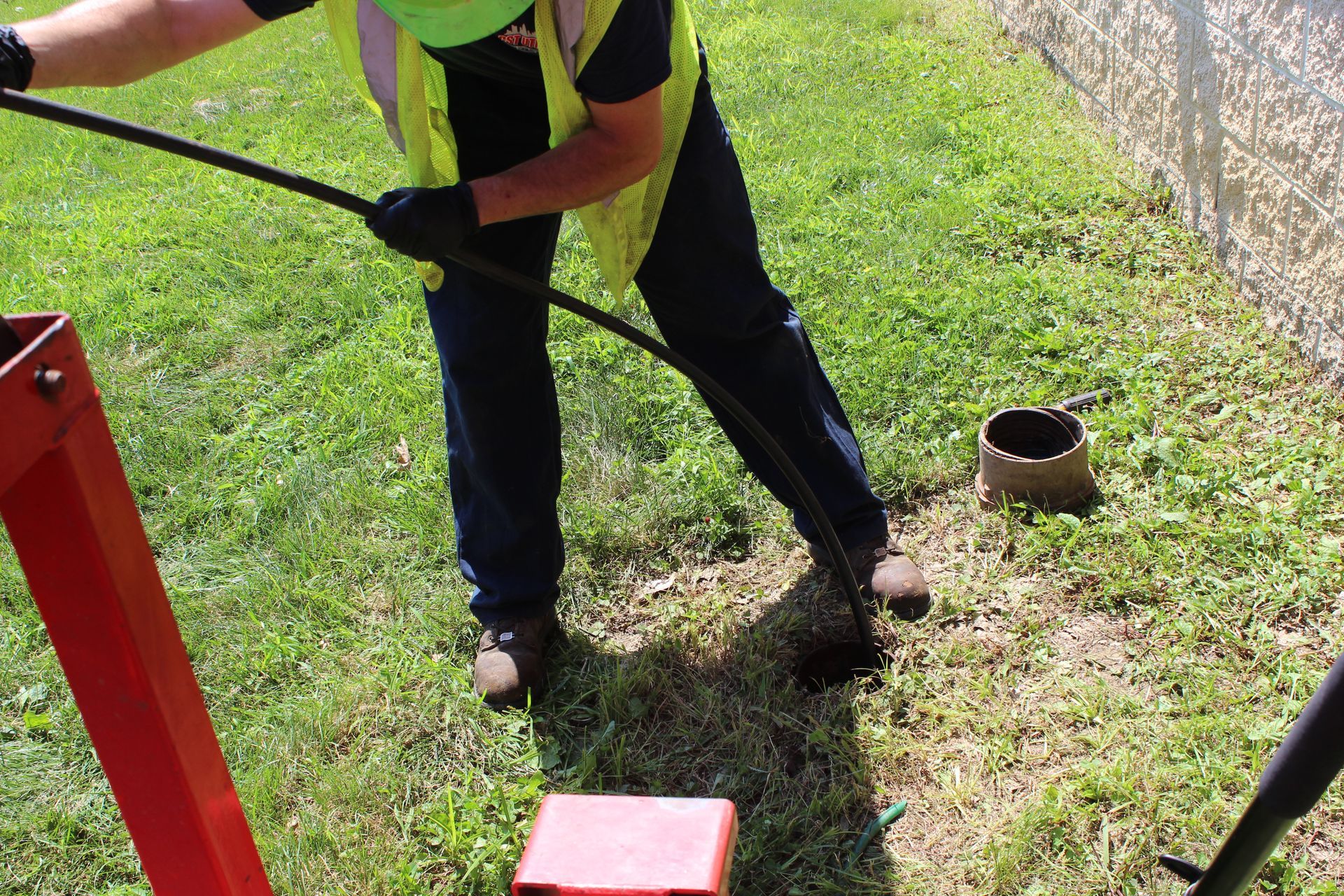The Benefits of Pumping Your Septic Tank and Why It’s Essential for Your Home
If your property relies on a septic system, you’ve likely heard that it’s important to have your septic tank pumped regularly. This maintenance task might seem inconvenient or even unnecessary, but regular septic pumping is actually one of the most critical steps you can take to protect your property, your wallet, and the environment. Let’s explore why septic tank pumping is essential and the benefits it brings to your home and property.
- Prevents Costly Repairs and Replacements
Septic systems are designed to hold and treat up to a certain amount of wastewater from your household per day, but they can’t do this indefinitely without maintenance. Over time, solid waste accumulates at the bottom of the tank, eventually reaching a point where it needs to be removed. If left unaddressed, this sludge buildup can clog the system or back up into your home, leading to costly repairs or even system replacement. Over usage of the water used per day can cause hydraulic overload on the septic system and cause a back up. Pumping your septic tank and being mindful of the water consumption regularly helps keep the system running smoothly and extending its lifespan. Compared to the cost of a complete system overhaul, regular pumping is a cost-effective way to keep your septic system healthy.
- Protects Your Property and the Environment
A septic system that isn’t properly maintained poses risks not only to your home but also to the surrounding environment. When a tank becomes too full, untreated wastewater can seep into the surrounding soil, contaminating the groundwater and potentially harming nearby rivers, streams, or lakes. This untreated wastewater contains harmful bacteria, chemicals, and nutrients that can disrupt ecosystems and even pose health risks. Regular septic tank pumping reduces the chances of leaks or overflows, keeping both your property and the surrounding environment safe.
- Helps Avoid Unpleasant Odors and Backups
One of the clearest signs of a full septic tank is the smell—an unpleasant, persistent odor that can make its way through your drains or appear near your septic system. Additionally, a tank that's overdue for pumping may cause wastewater backups in your home, potentially damaging floors, walls, and belongings. Routine pumping helps prevent these foul odors and keeps wastewater flowing away from your home, so you can enjoy a clean, odor-free environment.
- Increases System Efficiency and Saves Money in the Long Run
A well-maintained septic system functions more efficiently, processing wastewater effectively and preventing unnecessary strain on the system. Pumping the tank as recommended can save you money over time by preventing costly repairs and ensuring that the entire system performs at its best. Regular maintenance and the understanding how your septic system operates also helps you avoid unexpected emergencies, allowing you to plan and budget for septic tank care more efficiently.
- Complies with Local Health Regulations
Many areas have local regulations regarding septic tank maintenance to prevent environmental contamination and health hazards. Failing to pump your septic tank regularly can put you at risk of legal penalties, fines, or even restrictions on your property use. By following the recommended septic tank pumping schedule, you not only maintain a healthy system but also ensure compliance with any applicable regulations, avoiding unnecessary stress and costs.
- Preserves Your Property’s Value
A home with a functional, well-maintained septic system is more attractive to potential buyers and typically appraises higher than a home with a poorly maintained system. Routine septic tank pumping is part of showing that the property has been cared for and that its vital systems are in good working order. In the long run, this maintenance task protects your investment, helping to preserve or even increase your property’s value.
- How Often Should You Pump Your Septic Tank?
The frequency of septic tank pumping depends on factors like tank size, household size, leach field size, and water usage. However, a good general guideline is to have your tank pumped every 3-5 years. It’s best to consult with a septic professional to determine the optimal schedule for your system based on these factors. Regular inspections can also help you monitor the system’s condition and determine when pumping is necessary.
Pumping your septic tank might seem like just another item on the home maintenance list, but it’s actually one of the most crucial steps you can take to keep your property and environment safe. By scheduling regular septic tank pumping and inspections with CST Utilities, you’re not only protecting your home and finances but also contributing to a healthier community and ecosystem. So, if it’s been a while since your last septic tank service, consider booking a pump-out and give your system the care it deserves by calling us today!
